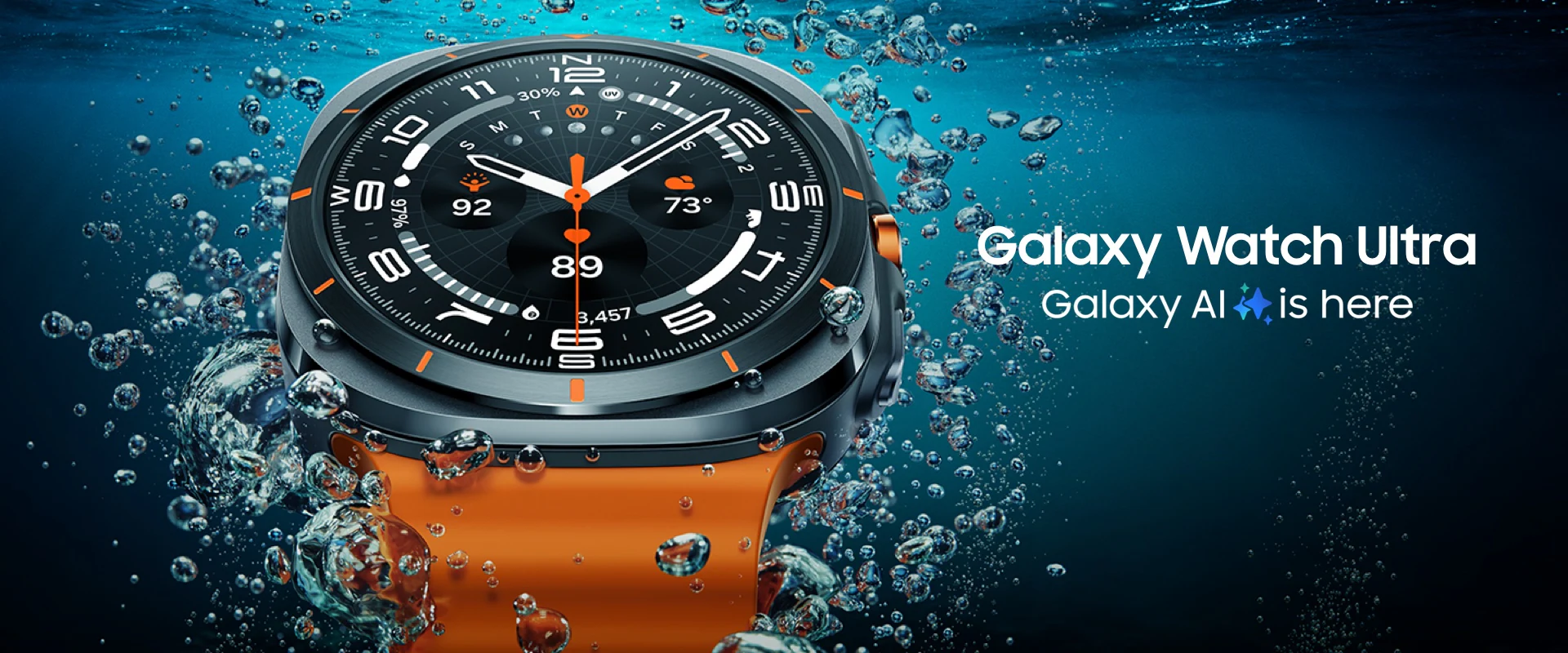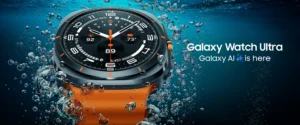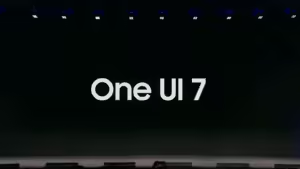
How Virtual Realities and Tech Paradoxes Challenge Our Existence
Exploring the Simulation Hypothesis and Tech Paradoxes in Modern Life
As technology advances at a breakneck pace, the line between reality and virtual experiences is increasingly blurred. The concept of living in a simulated reality and the paradoxes arising from technological advancements raise profound questions about our understanding of existence and the future of tech.
The Simulation Hypothesis
1. What is the Simulation Hypothesis?
- The simulation hypothesis proposes that our reality could be an artificial simulation, much like a sophisticated virtual reality. This idea suggests that advanced civilizations might create simulations so detailed that inhabitants within them believe their world is real.
2. Origins and Philosophical Underpinnings
- Philosophers like Nick Bostrom have explored this concept, suggesting that if technology progresses to the point where simulations can perfectly mimic reality, it might be more probable that we are in a simulation than in “base reality.” The idea raises questions about free will, consciousness, and the nature of existence.
3. Technological Parallels
- With the development of advanced virtual reality (VR) and augmented reality (AR), the lines between simulated environments and actual experiences are increasingly blurred. Technologies like VR headsets and immersive gaming platforms create experiences that can feel remarkably real, hinting at how simulations might work on a more complex level in the future.
Tech Paradoxes in Modern Life
1. The Paradox of Connectivity
- Issue: Despite being more connected than ever through social media and digital platforms, many people experience increased feelings of isolation and loneliness.
- Insight: This paradox highlights how technology intended to enhance communication can sometimes exacerbate feelings of disconnection, revealing the complexity of human relationships in a digital age.
2. The Paradox of Automation
- Issue: Automation and artificial intelligence are designed to increase efficiency and productivity, yet they also raise concerns about job displacement and the future of work.
- Insight: While automation can reduce mundane tasks, it also creates challenges in terms of employment and the need for new skills, emphasizing the need for thoughtful integration of technology into the workforce.
3. The Paradox of Privacy
- Issue: As we demand greater convenience from technology, we often sacrifice privacy and security. The trade-offs between personalized services and data protection create a tension between convenience and safeguarding personal information.
- Insight: The balance between leveraging technology for improved experiences and protecting individual privacy is a central concern in the tech industry.
4. The Paradox of Innovation
- Issue: Technological advancements are accelerating rapidly, leading to significant improvements in quality of life. However, this rapid pace can also result in unintended consequences and ethical dilemmas.
- Insight: The fast evolution of tech necessitates a careful consideration of its impacts, including potential disruptions to societal norms and values.
Future Considerations
1. Ethical Implications of Simulated Realities
- Ethics: If we are indeed living in a simulation, it raises questions about the ethics of creating such simulations and the responsibilities of the simulators towards simulated beings. This also intersects with debates on AI ethics and the moral treatment of artificial entities.
2. Preparing for Technological Paradoxes
- Adaptation: As technology continues to evolve, addressing these paradoxes requires a balanced approach, integrating ethical considerations, promoting digital literacy, and ensuring that technological advancements align with human values and well-being.
3. The Role of Consciousness and Reality
- Exploration: Understanding how simulated realities and tech paradoxes impact our perception of consciousness and reality will be crucial. Philosophical inquiry, combined with technological advancements, will shape future discussions on the nature of existence and human experience.
In conclusion, the simulation hypothesis and tech paradoxes offer a fascinating lens through which to explore the implications of advancing technology on our understanding of reality and existence. As we continue to innovate, addressing these philosophical and practical challenges will be essential to ensuring that technology enhances rather than detracts from our quality of life.
























Post Comment